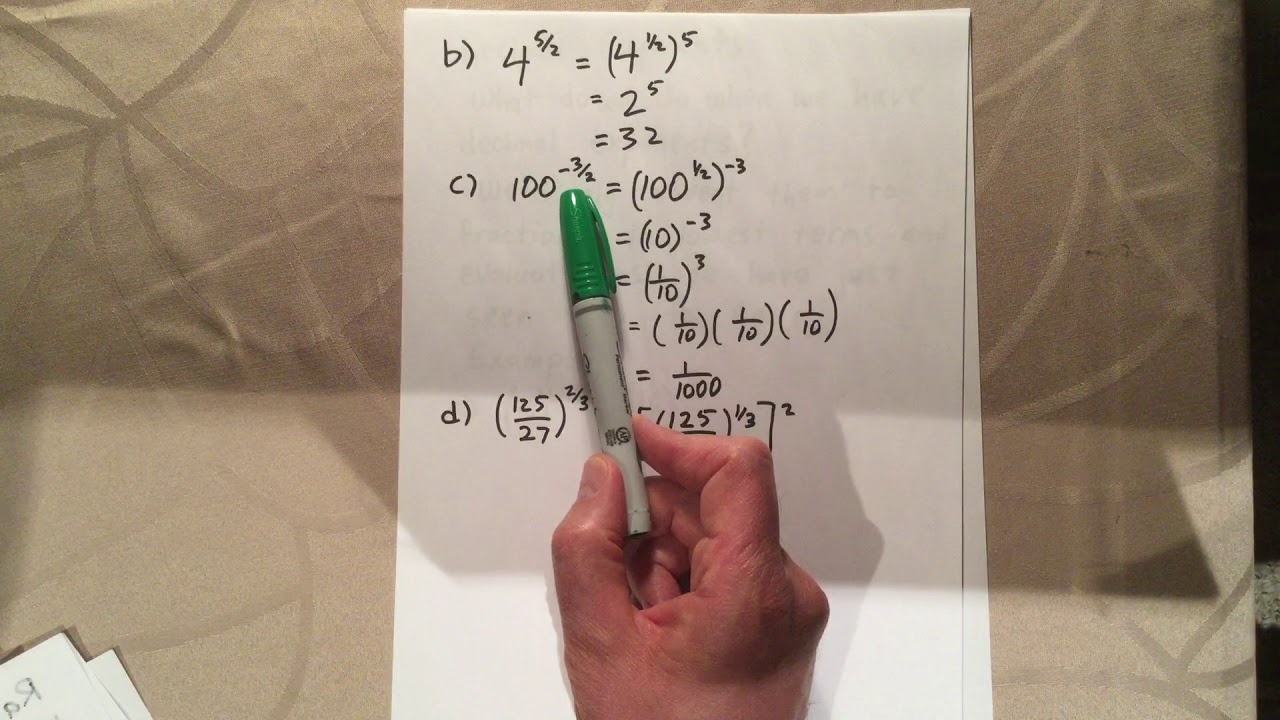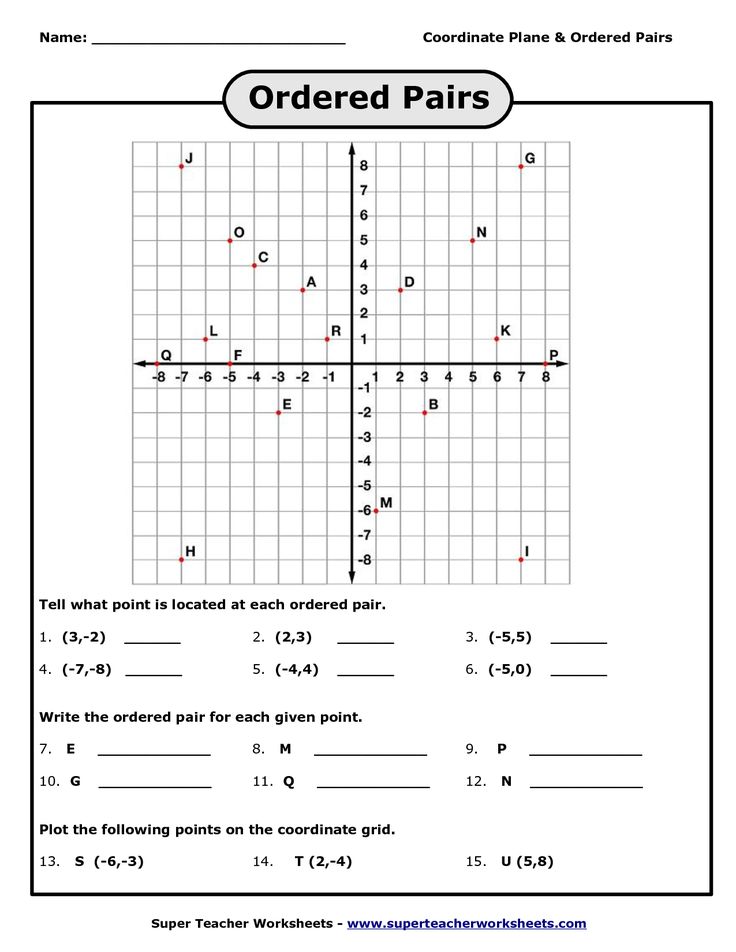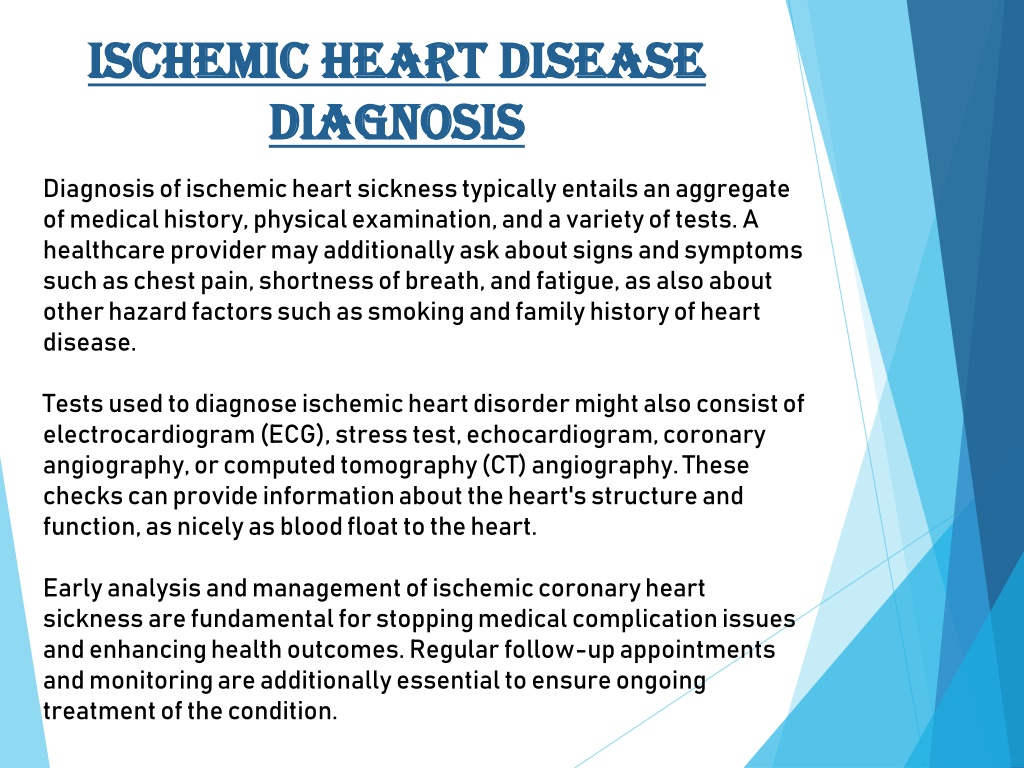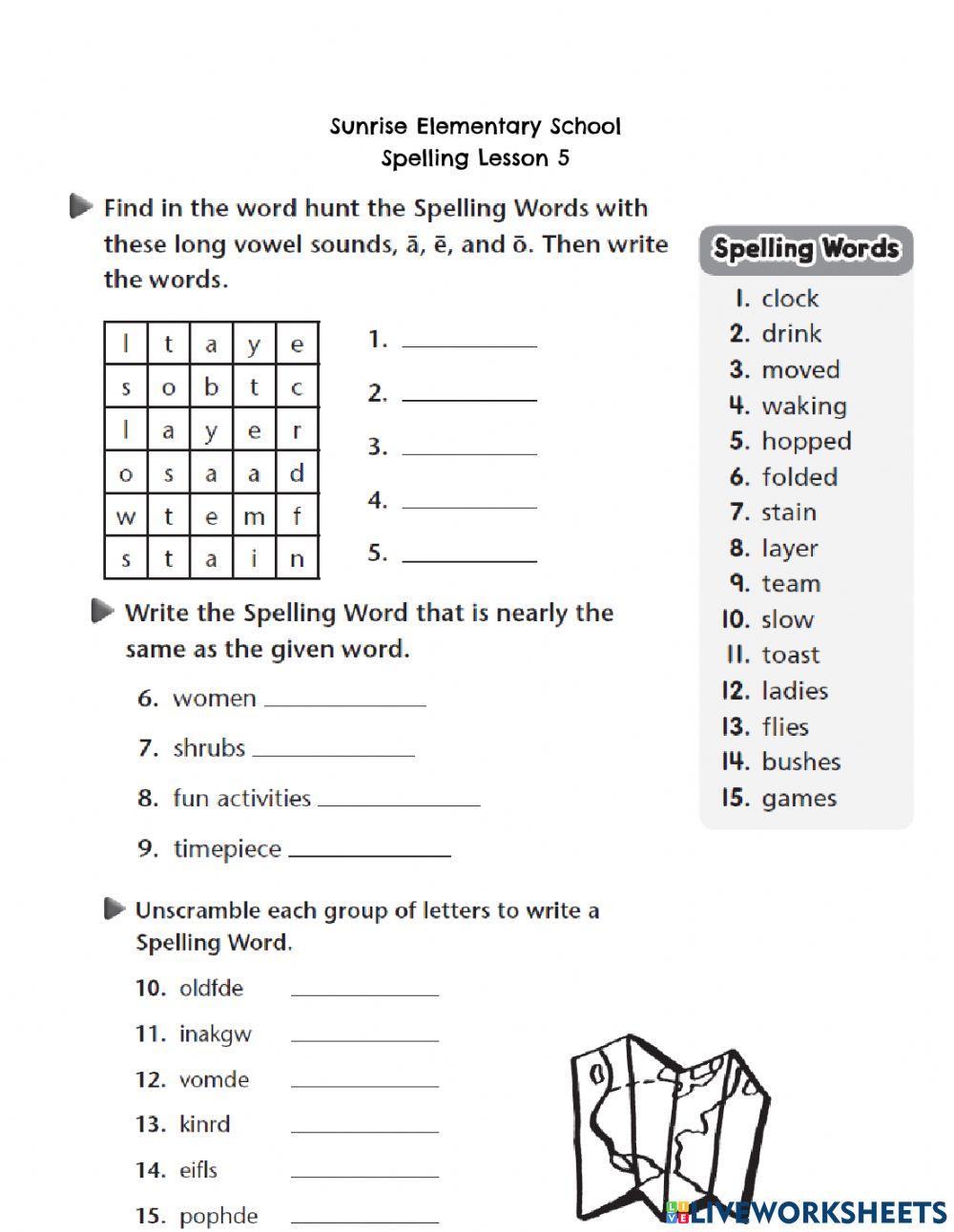Nursing Dosage Calculation Practice Made Easy
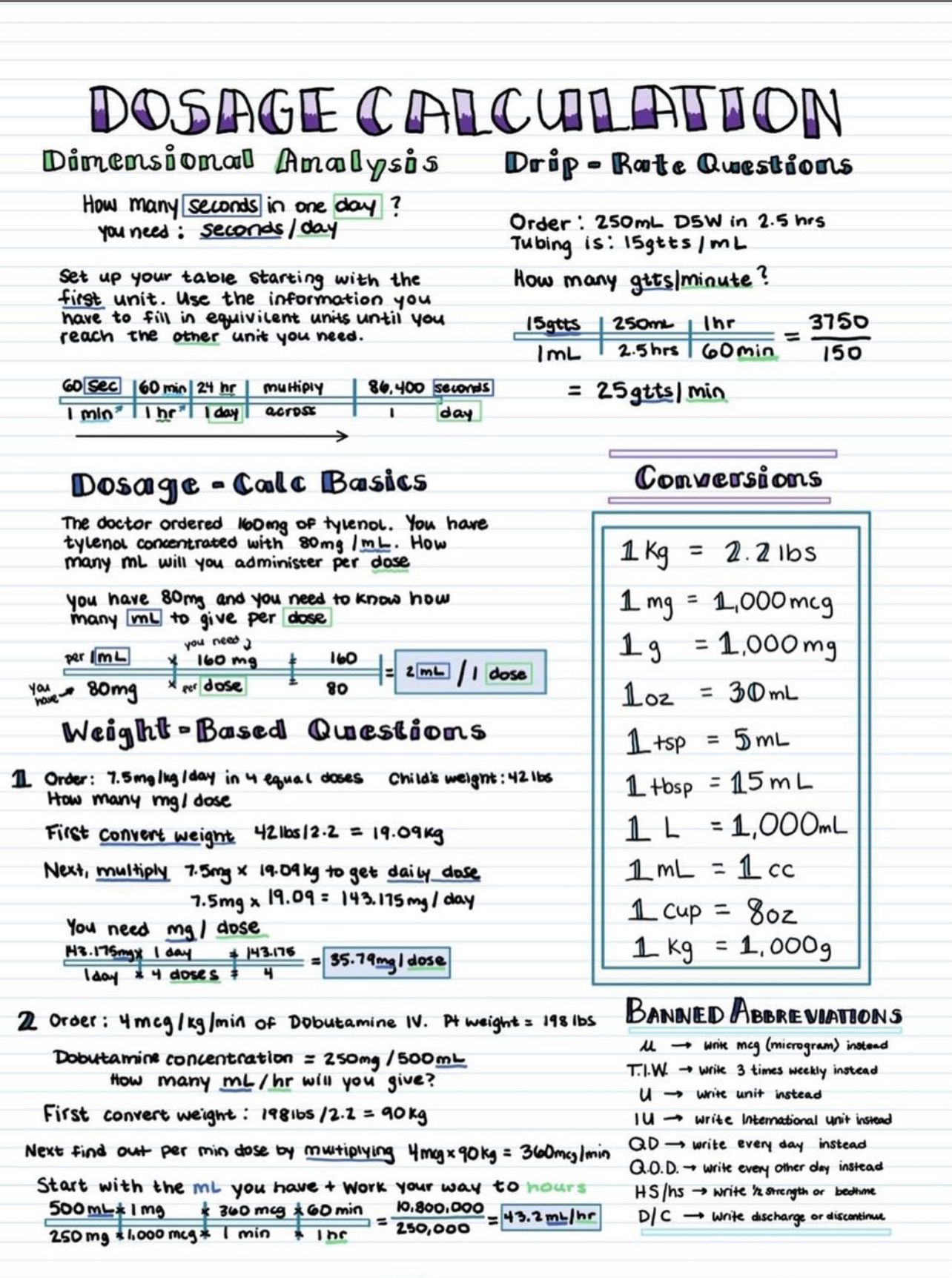
Nursing Dosage Calculation Practice Made Easy
As a nursing student or a practicing nurse, dosage calculation is an essential skill to master. Calculating medication dosages accurately is crucial to ensure patient safety and prevent medication errors. In this blog post, we will provide you with practical tips and techniques to make dosage calculation practice easier and more effective.
Why is Dosage Calculation Important?
Dosage calculation is a critical skill for nurses to possess, as it directly affects patient care and safety. Medication errors can occur due to incorrect calculations, which can lead to serious consequences, including patient harm or even death. According to the Institute for Safe Medication Practices, medication errors are a leading cause of preventable harm in healthcare. Therefore, it is essential for nurses to develop strong dosage calculation skills to minimize errors and provide high-quality patient care.
Basic Concepts of Dosage Calculation
Before diving into dosage calculation practice, let’s review some basic concepts:
- Unit of measurement: Understanding the unit of measurement is crucial in dosage calculation. Common units include milligrams (mg), grams (g), milliliters (mL), and liters (L).
- Conversion factors: Conversion factors are used to convert between different units of measurement. For example, 1 gram is equal to 1000 milligrams.
- Ratios and proportions: Understanding ratios and proportions is essential in dosage calculation. A ratio is a comparison of two numbers, while a proportion is a statement that two ratios are equal.
Step-by-Step Guide to Dosage Calculation
Here’s a step-by-step guide to dosage calculation:
- Read the problem carefully: Read the problem carefully and identify the information given, including the dose, route, and unit of measurement.
- Identify the question: Identify what you are asked to find, such as the dose in milligrams or the volume of medication in milliliters.
- Choose a formula: Choose a formula that matches the information given. Common formulas include:
- Dose (mg) = (Strength (mg/mL) x Volume (mL))
- Dose (mg) = (Strength (mg/ tablet) x Number of tablets)
- Plug in the values: Plug in the values given in the problem into the formula.
- Solve the equation: Solve the equation to find the answer.
- Check your answer: Check your answer to ensure it is reasonable and accurate.
💡 Note: Always double-check your calculations to ensure accuracy.
Practice Tips and Techniques
Here are some practice tips and techniques to help you master dosage calculation:
- Practice, practice, practice: Practice is key to mastering dosage calculation. Practice with different types of problems, including oral and parenteral medications.
- Use flashcards: Use flashcards to help you memorize conversion factors and formulas.
- Watch video tutorials: Watch video tutorials to help you understand dosage calculation concepts and formulas.
- Join a study group: Join a study group to practice dosage calculation with your peers.
- Use online resources: Use online resources, such as dosage calculation quizzes and games, to practice and reinforce your skills.
Common Dosage Calculation Errors
Here are some common dosage calculation errors to watch out for:
- Unit of measurement errors: Ensure you are using the correct unit of measurement.
- Conversion factor errors: Ensure you are using the correct conversion factor.
- Calculation errors: Double-check your calculations to ensure accuracy.
🚨 Note: Always double-check your calculations to prevent errors.
Conclusion
Dosage calculation is a critical skill for nurses to possess. By mastering dosage calculation, nurses can provide safe and effective patient care. In this blog post, we provided you with practical tips and techniques to make dosage calculation practice easier and more effective. Remember to practice, practice, practice, and use online resources to reinforce your skills. With time and practice, you will become proficient in dosage calculation and be able to provide high-quality patient care.
What is the most common unit of measurement for medication dosages?
+Miligrams (mg) and milliliters (mL) are common units of measurement for medication dosages.
What is a conversion factor?
+A conversion factor is a number used to convert between different units of measurement.
How can I improve my dosage calculation skills?
+Practice, practice, practice! Use online resources, such as dosage calculation quizzes and games, to practice and reinforce your skills.
